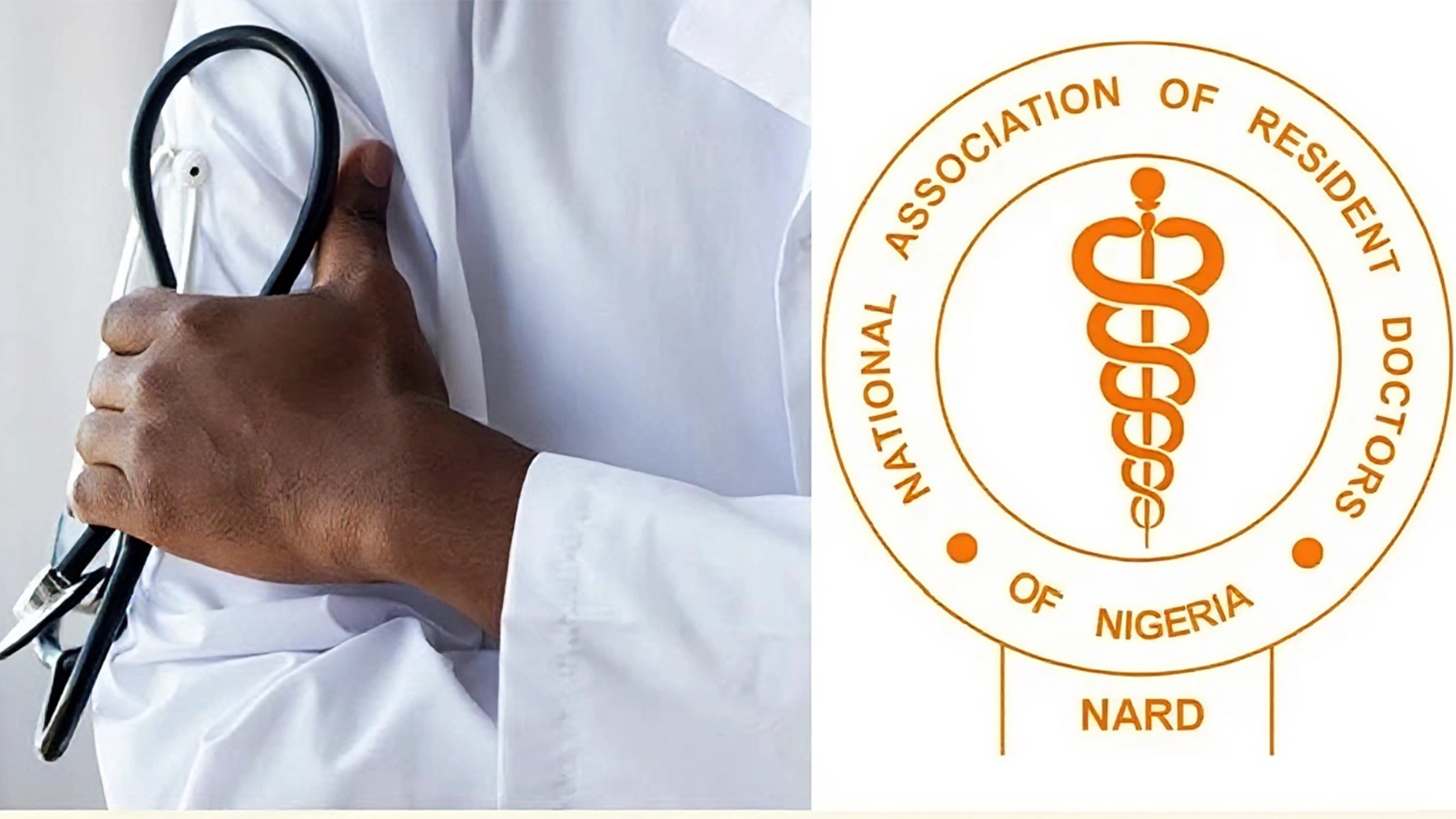The Biomedical Science Research and Training Centre (BioTRC) of Yobe State University (YSU) has collected no fewer than 1,000 biopsy and other blood samples to determine kidney and dementia diseases in the state.
The pioneering research on kidney failures and dementia aims to achieve global and local impacts on the numerous patients’ living conditions.
Biopsy is a medical procedure where a small piece of tissue, cells, or fluid is removed from the body for a medical pathologist to diagnose or monitor health conditions.
According to the Centre, biopsy is inevitable to find a suspicious area or encountered symptoms of disease like renal failure, cancer, and dementia among the people.
The research, led by the Centre’s Director, Professor Mahmoud Bukar Maina, who also serves as the honorary Special Adviser on Science Research and Innovation (SRIV) to Governor Mai Mala Buni, stated: “The research initiative is the first large-scale dementia cohort study of its kind in Northern Nigeria,” adding that the dementia research was designed to feed into Africa’s first open-access Induced Pluripotent Stem Cells (iPSC) biobank as our primary focus.
Emphasizing the significance of the research project, the SA said, “Our research project is far more than a single-disease study,” as every participant is also screened for other pressing healthcare challenges including diabetes, hypertension, and infectious diseases to ensure that the collated data will directly benefit other BioTRC-led initiatives in the North.
He added that other statewide kidney and malaria researchers will also benefit from the biopsy and other blood samples for the diagnosis of various diseases in the country.
According to him, the integrated approach of research findings will address the multiple health burdens affecting the people not only in the state but the entire North of the country.
“The biomedical limestone is not just about dementia. It’s about placing Yobe on the global map of biomedical research and development in the health sector,” he said, as well as combining community engagements and world-class science for partnerships in Nigeria, the UK, U.S., Netherlands, and other African countries.
“We’re building the foundation for discoveries that will benefit our people and contribute our quotas to global healthcare,” he declared.
He, therefore, expressed appreciation to the state government for its unwavering support and commitment to health and research by making use of the Primary Health Care Centres of Damaturu, the state capital, as the Centre’s research hub in the North.
He also thanked the Executive Secretary of the Yobe State Primary Health Care Board (YPHCB), Dr. Babagana Kundi Machina, for enabling the Centre to conduct its research smoothly without hindrance for approximately four years in the state.
Beyond the collation of biopsy and other blood samples, the Director also reiterated his gratitude to the Emir of Damaturu, Alhaji Shehu Hashimi II Ibn Umar El-Kanemi, for community’s trust to participate in the ongoing research on dementia and renal failures among the people living in the Kumadugu/Yobe River Basins, including the border communities with Niger.
He said, “The Centre’s ongoing research is showing the world that cutting-edge science can be done from here in Yobe state along with our communities at the Centre,” he stated that the Centre’s generated knowledge will help detect diseases earlier, improve treatments, and ultimately save tens of thousands of people’s lives in the North.






